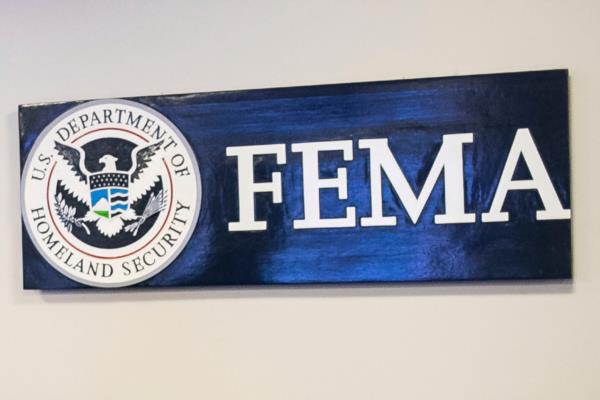
The Federal Emergency Management Agency (FEMA) is currently under scrutiny as former officials express worries about new spending oversight requirements and the appointment of individuals lacking a background in emergency management. These concerns have raised fears of potential failures akin to those experienced during Hurricane Katrina.
One of the primary issues being highlighted is the implementation of new spending oversight requirements within FEMA. Former officials are questioning the effectiveness of these measures and whether they will be sufficient to prevent mismanagement of funds and resources during future emergencies.
Furthermore, the appointment of officials without a background in emergency management has also come under fire. Critics argue that individuals lacking relevant experience may struggle to make informed decisions during crisis situations, potentially leading to inadequate responses and increased risks for communities in need.



The comparison to the aftermath of Hurricane Katrina serves as a stark reminder of the devastating consequences that can result from failures in emergency management. The concerns raised by former officials underscore the importance of ensuring that FEMA is equipped with the necessary expertise and oversight mechanisms to effectively respond to disasters.
As FEMA continues to navigate these challenges, it faces mounting pressure to address the issues raised by critics and demonstrate a commitment to improving its operations. The agency's ability to effectively manage resources, coordinate responses, and prioritize the needs of affected communities will be crucial in determining its success in fulfilling its mandate to protect and assist the American people during times of crisis.







